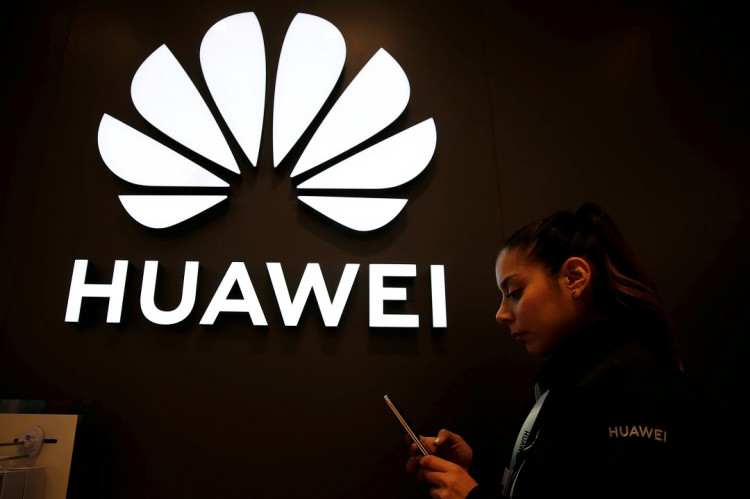Two separate reports released on Monday claimed that China's biggest tech company Huawei may have been involved in illegal activities in the Czech Republic and North Korea. The company denied the claims on Tuesday.
According to the South China Morning Post, Huawei denied that it violated rules imposed by the European Union (EU) and the United Nations.
This is not the first time the Chinese tech giant was accused of potential violations to international law. However, the company has stood firmly on its stance that it did not violate any international laws.
Huawei said in a statement that it "has no business presence" in North Korea and it is "fully committed to complying with all applicable laws and regulations in the countries and regions where we operate."
On Monday, Agence France-Presse (AFP) reported that the Czech Republic's radio fund launched a probe into Huawei's unit in the country. The unit reportedly "secretly collected personal data of customers, officials, and business partners."
The AFP report cited two former managers for the Czech unit. The sources spoke on condition of anonymity and revealed that the personal information collected was entered into systems that could only be accessed by the company's China office.
The Washington Post also released another bombshell on Monday, citing a former Huawei employee who alleged that the firm "secretly helped" Pyongyang develop North Korea's wireless network that was used for commercial activities.
The Post further alleged that the company worked with China's state-owned Panda International Information Technology on several projects that rolled out for around eight years.
Meanwhile, amid the controversies that Huawei is faced with, the United Kingdom has decided to hold off making a decision on whether or not it should allow the Chinese firm to take part in its 5G network projects.
According to BBC News, Culture Secretary Jeremy Wright announced on Monday that the U.K. is waiting for more clarity from the United States regarding its blacklist order on the company.
Wright addresses the House of Commons, explaining that the British government is "not yet in a position" to make a 5G choice involving China's leading tech company. He added that Washington's stand on Huawei is relevant in the U.K. government's decision-making.
During the G20 Summit in Osaka late last month, U.S. President Donald Trump announced a partial Huawei ban reprieve that remains unclear to many. The Verge reported earlier this month that questions about Trump's decision remain unanswered.
Trump said during the Japan world leaders summit that he will allow the Chinese firm to purchase products from American tech companies. As of writing, the White House has not given clear details about which products can be purchased and which U.S. firms are allowed to sell.





